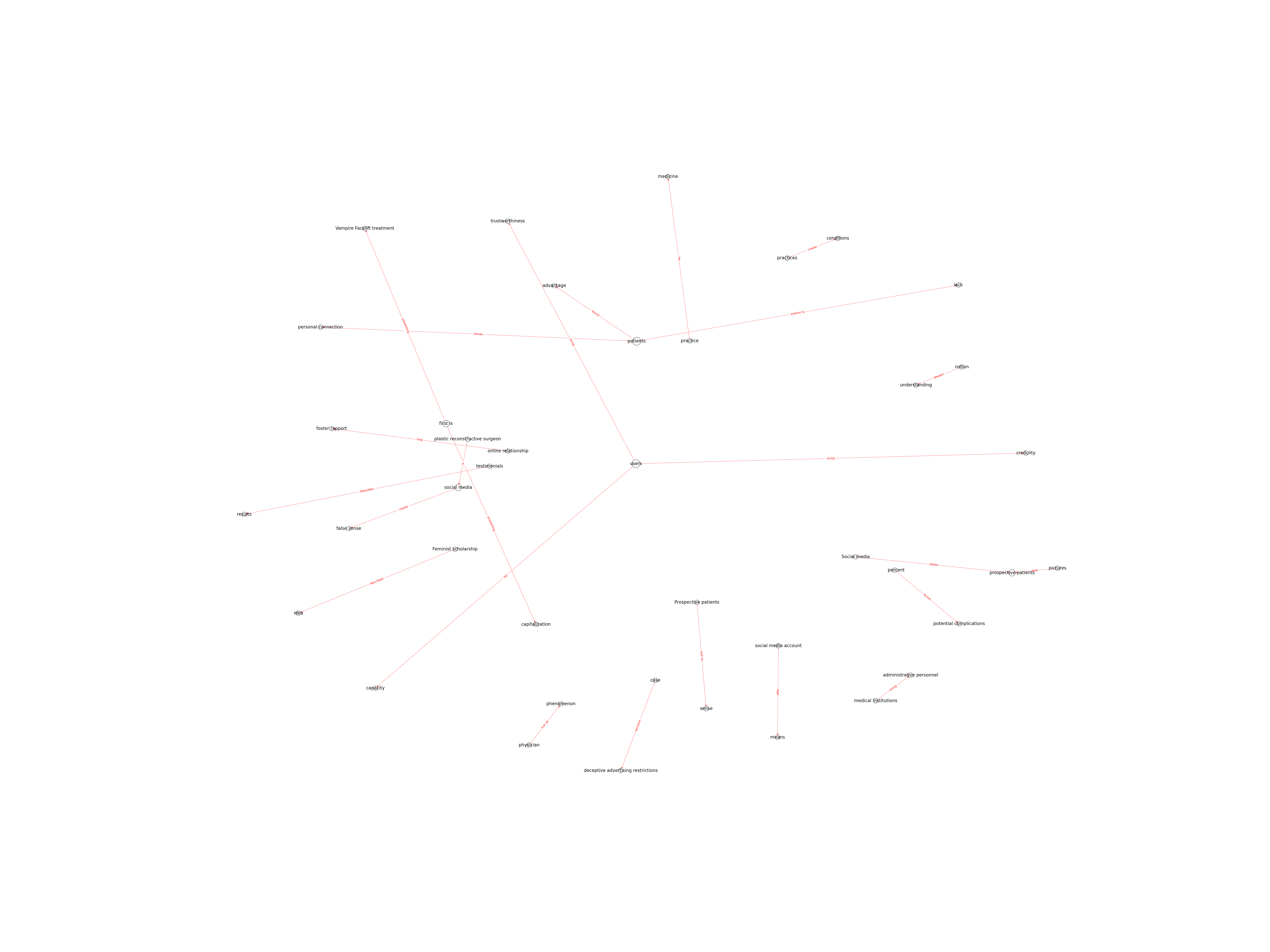| Id | 504 | |
| Author | Smith C.P., George D. | |
| Title | When is advertising a plastic surgeon’s individual “brand” unethical? | |
| Reference | Smith C.P., George D.; When is advertising a plastic surgeon’s individual “brand” unethical? ;AMA Journal of Ethics vol:20 issue: 4 page:372.0 |
|
| Keywords | ||
| Link to article | https://www.scopus.com/inward/record.uri?eid=2-s2.0-85062774677&doi=10.1001%2fjournalofethics.2018.20.4.msoc2-1804&partnerID=40&md5=8b5dfdaf41d15efaa7cd6f30d6adb262 |
|
| Abstract | Advertising a plastic surgery practice on social media is fraught with both practical and ethical challenges. We use an institutional betrayal framework to explore the range of potential harms to patient well-being while also considering the pitfalls of social media activity, especially marketing, for practitioners. We also give consideration to the relative benefits that such online patient-clinician relationships can provide. In our analysis, we draw on specific examples of plastic surgery procedures prominently featured on social media, including the Vampire Facelift ® Copyright 2018 American Medical Association. All rights reserved. |
|
| Metodology | Technique |

Note: Due to lack of computing power, results have been previously created and saved in database


